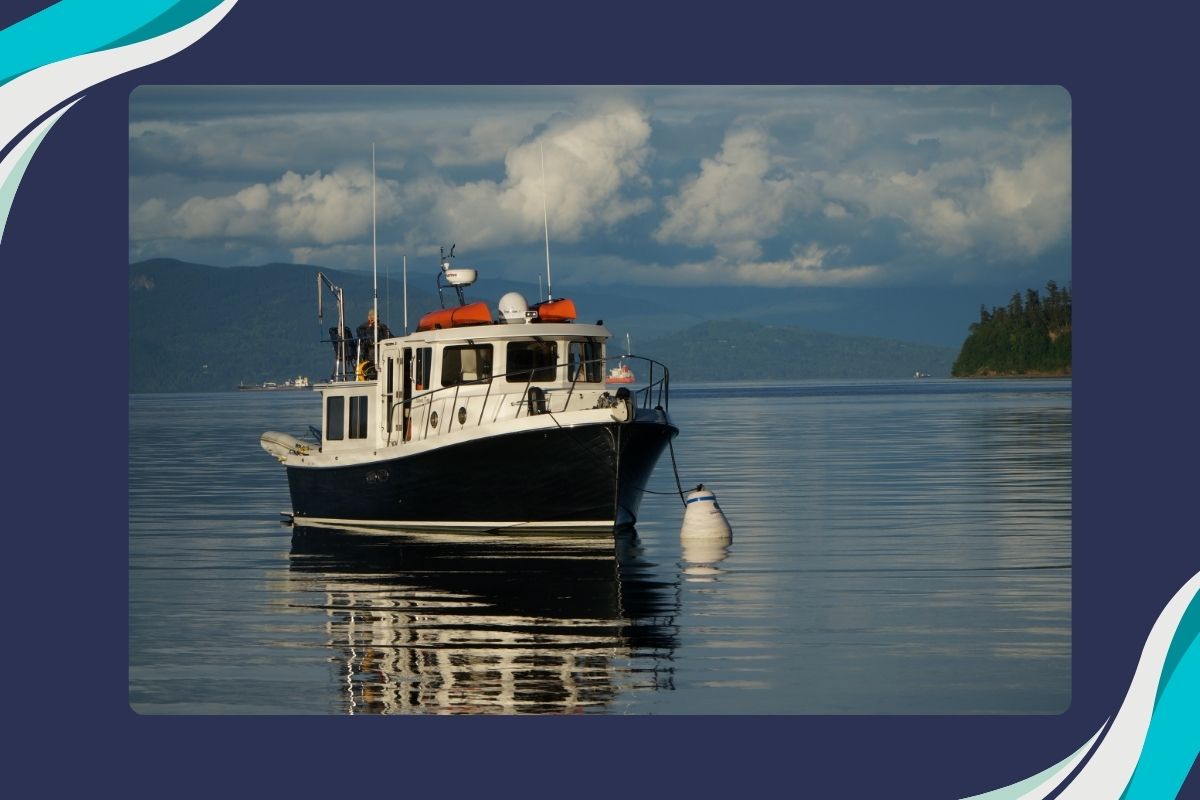What to Consider When Purchasing Commercial Marine Insurance
When dealing with maritime operations, safeguarding your assets, crew, and cargo is critical to the success of your business. Commercial marine insurance provides comprehensive coverage that protects businesses from various risks associated with marine activities.
However, buying the right policy requires careful evaluation of your needs and the insurance offerings available. This blog will help you navigate the considerations when purchasing commercial marine insurance.
Understanding the Basics of Commercial Marine Insurance
Commercial marine insurance covers the risks involved in operating vessels and handling cargo, from small fishing boats to large shipping fleets. It typically includes protection against damage or loss of ships, cargo, and equipment, as well as liabilities related to maritime operations.
Types of Marine Insurance Coverage
- Hull and Machinery (H&M) Insurance: This covers physical damage to the vessel itself, including its equipment and machinery. H&M insurance is essential for protecting the value of the ship from perils like storms, collisions, or accidents.
- Cargo Insurance: Protects the goods being transported by sea or inland waterways. It covers risks such as theft, damage, or loss during transit.
- Protection and Indemnity (P&I) Insurance: A critical liability insurance that covers claims related to third-party damage, injuries, or pollution caused by the vessel’s operations.
- Freight, Demurrage, and Defense (FD&D) Insurance: Provides coverage for legal expenses incurred during disputes related to freight, charter parties, or vessel operations.
Assessing Your Business’s Unique Risk Profile
Each marine operation is different, and the insurance you need depends on the specific risks your business faces. An in-depth risk assessment helps in identifying coverage gaps and ensures you select a policy tailored to your operations.
Considerations Based on Your Business Type
- Cargo Carriers: If you transport goods, consider the type of cargo you handle, its value, and how vulnerable it is to damage during transit. Special cargo, such as refrigerated or hazardous materials, may require specialized coverage.
- Fishing and Towing Companies: These businesses should focus on H&M coverage for their vessels and machinery. P&I coverage is also critical to protect against claims related to crew injuries or environmental damage.
- Port and Terminal Operators: Insurance for port or terminal operators often includes liability coverage for damage to ships or cargo while in port and additional coverage for equipment and property used in operations.
Evaluating Insurer Reputation and Financial Stability
Choosing an insurance provider with a solid reputation and strong financial standing is paramount. Marine insurance policies often involve large claims, so your insurer must be financially stable enough to handle significant payouts.
Key Factors When Selecting an Insurer
- Industry Expertise: Look for insurers with experience in the marine industry. Their understanding of maritime risks will ensure you receive appropriate coverage.
- Claims Handling: Investigate the insurer’s claims process. Efficient claims handling is crucial when incidents occur, so you want an insurer known for fast and fair resolution.
- Customization Options: A good insurer will offer flexible policies that allow you to adjust coverage as your business evolves.
Analyzing the Policy Exclusions and Limits
When reviewing insurance policies, pay close attention to exclusions and limits. These terms outline what is not covered and how much the policy will pay in the event of a claim.
Common Exclusions in Marine Insurance
- War and Terrorism: Many marine insurance policies exclude damages caused by acts of war or terrorism, though additional coverage can often be purchased for these risks.
- Wear and Tear: Damage due to normal wear and tear of the vessel or equipment is typically not covered. Maintenance-related losses are the owner’s responsibility.
Understanding Deductibles and Limits
- Deductibles: Higher deductibles may reduce premium costs, but they also increase out-of-pocket expenses when filing a claim. Determine a deductible level that balances premium savings with risk tolerance.
- Policy Limits: Ensure that the limits of the policy adequately cover the total value of your assets and liabilities. Insufficient limits could leave your business exposed to significant financial risk.
Considering Regulatory Compliance and Legal Requirements
Marine businesses must comply with national and international regulations. Your insurance policy must meet the legal requirements for the regions where you operate.
International Maritime Laws and Insurance
- Jones Act Compliance: For U.S.-based maritime businesses, ensure compliance with the Jones Act, which requires P&I insurance to cover crew member injuries.
- International Shipping: Vessels traveling across international waters need insurance that complies with international maritime conventions, such as SOLAS (Safety of Life at Sea) or MARPOL (International Convention for the Prevention of Pollution from Ships).
Reviewing Premium Costs and Coverage Value
While premium costs are an important consideration, the value of the coverage should be the priority. A lower premium may result in inadequate protection, leading to costly out-of-pocket expenses in the event of a loss.
Factors Affecting Premium Costs
- Vessel Age and Condition: Older vessels may attract higher premiums due to the increased risk of mechanical failure or structural damage.
- Business Size and Experience: Larger fleets or businesses with a longer operating history may benefit from lower premiums due to economies of scale or established safety records.
- Location and Routes: Businesses operating in high-risk regions, such as piracy-prone areas, will likely face higher premiums.
Key Takeaways
Purchasing the right commercial marine insurance is a critical aspect of protecting your business from the wide range of risks associated with marine operations.
By carefully evaluating your business’s unique needs, choosing a reputable insurer, understanding policy exclusions, and considering regulatory requirements, you can secure comprehensive insurance coverage that ensures the long-term success of your maritime venture.
